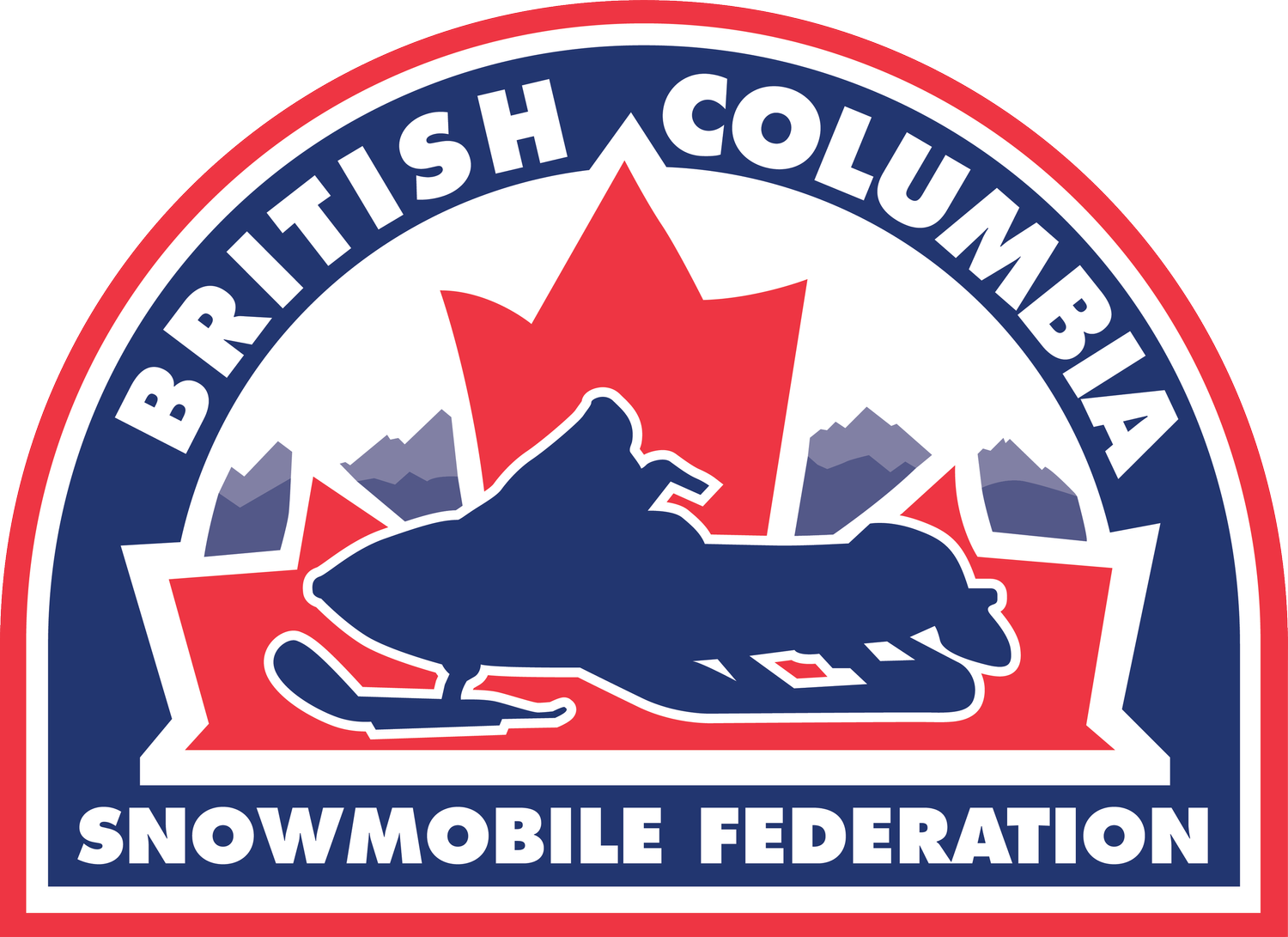A report on Recovering the Recovery Plan for caribou in Northeastern BC
Blair Lekstrom's report "the Path Forward to Recover the Caribou Plan in Northern BC" was released today. The BCSF submitted our comments to Mr. Lekstrom to help inform his report and we also submitted our recommendations to all proposed signatories on the Agreement at the end of May. You can read our full list of recommendations here.
The recommendations Mr. Lekstrom has made are:
Government must not move the Partnership Agreement forward until full and proper engage- ment has occurred with Local Governments in the Peace Region, the District of Mackenzie, Industry, and Back Country user groups. Engagement must be done in a manner that is inclusive, transparent and be given the time to achieve public support.
Ensure proper consultation with and possible inclusion of both McLeod Lake Indian Band and Lheidli-T’enneh First Nation in the rebalanced Partnership Agreement.
A comprehensive Socio-Economic Impact Analysis must be completed in cooperation with the impacted areas of the Partnership Agreement prior to the agreement being finalized.
Recognizing that it will take time to rebalance the Partnership Agreement and ensure the document can be more fully accepted and supported by the region, impose a temporary moratorium on Zones A2 and B3 until a comprehensive engagement process is complete and all possible options are considered.
The province needs to work with the Forest Industry to identify ways to mitigate any negative impact on volume from the deferral zones. Through discussion this may then ensure AAC is made available from adjacent units.
Moving forward remove zones B2 (Klinze-sa park expansion) and B5 (proposed West Moberly First Nations Woodland license) from the Partnership Agreement as both of these issues were agreed to prior to the development of the PA. If the province moves forward with a Woodlands license for West Moberly First Nations the requirement to harvest that timber must be actioned or the license should not proceed.
Ensure that moving forward that the rebalanced Partnership agreement include but not be limited to the following;
A clause that states it is not the intention of the agreement to impact negatively the industry which operates in the region and such a clause should reflect the view that supports the continued viability of industry (this clause can be discussed and developed by the parties engaged at the consultation table);
Ensure enhanced, fair and equitable representa- tion on both the Caribou Recovery Committee (section 8) and the Technical Working Group;
Develop the Central Group Caribou Motor- Vehicle Closure Plan in cooperation with user groups prior to the finalization of the Partnership Agreement and include it in the document (section 38);
Define the Indigenous Guardian Program and include it in the final Agreement (section 40 and 41);
Revisit the Dispute Resolution Process with a view to make it much clearer (sections 61 and 62);
Ensure the Mitigation and Offset program is developed and defined and included in the Agreement (section 35);
Ensure the development of the Managing Predation (section 39) is inclusive of those referred to in recommendations 1 and 2; and
Ensure each clause contained in the agreement is written in a clear and concise manner that can be easily understood.
Government continue to provide funding for the caribou maternal penning program which is seeing positive results in the growth of the number of caribou.
Government continue with funding provided for the caribou feeding program which is seeing positive results in the growth of the number of caribou.
Continue with the Wolf cull program in the Peace Region which is leading to a positive result in the number of caribou.
Pursue the possibility of implementing a captive breeding program for caribou.
Moving forward work with the Peace River Regional District and the District of Mackenzie to determine a possible overarching group that could be used as the lead table in discussions as they relate to these issues, as well as any future issues that may impact the region. This group should include all of those referenced in recommendation 1 as well as First Nations if they would agree to participate. This may be an option that government wishes to pursue in other regions as well, which could help alleviate ending up in a similar position to what we find ourselves in with regard to the Caribou agreements.
The Federal Government must accept responsibility for the costs associated with any mitigation measures which may be needed to offset any negative impacts the final agreements may have on communities, industry, back country user groups and individual workers who may be negatively impacted. This recommendation reflects the fact that it is the Federal Governments Species at Risk Act which has led to the development of both the Section 11 Bilateral Agreement and the Draft Partnership Agreement.
Although not within the jurisdiction of the prov- incial government, I would recommend that the Federal government incorporate the need for a full and comprehensive Socio-Economic Impact Analysis be part of all at risk species deliberations under the act and such a section be included in an amended Federal Species at Risk legislation.
A full copy of Mr. Lekstrom’s report is attached.
From a press release made today made by Premier Horgan it is apparent that he plans to at least implement some of the recommendations:
“Government is implementing an interim moratorium on new resource development in parts of northeastern British Columbia, while providing more time to protect jobs and support workers as it engages with affected communities and industries on long-term caribou protection strategies.”
File Attachments
